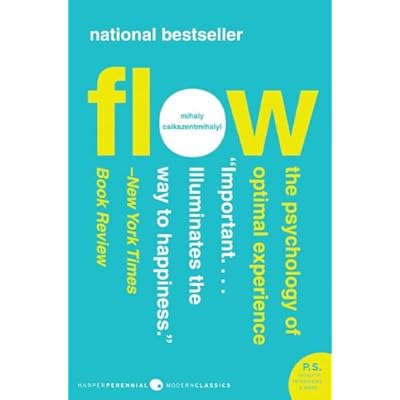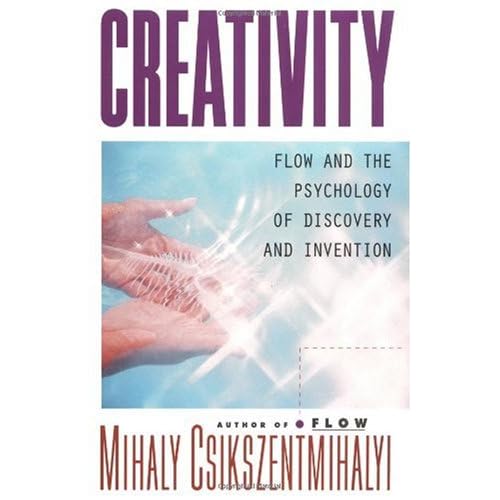After six years, I have decided to return to regularly updating The Creativity Paradox. As before, it will cover an eclectic set of topics involving creativity in business management, photography, printing, print finishing, additive manufacturing and other arts.
I have been surprised that these posts have continued to have several hundred page views per month, even without any updates. Since there seems to be interest in the old posts, I have tried to repair or remove any broken links and fix anything else needed.
Originally, this blog began as a serialized version of a presentation on Creativity in Business Model Development for Graph Expo in 2011. Most of the ideas presented are just as valid today as they were ten years ago. You might find it interesting to return to the beginning.
I also want to acknowledge my debt to Mihaly Csikszentmihalyi who passed away on October 20th. His research on creativity and flow states contributed greatly to the understanding of creativity and have heavily influenced my writing on the subject.
At the end of this year, I will be retiring from my full time employment with Imaging Solutions which will give me more time to research and write.
What topics would you like to see covered?
You might also like:



